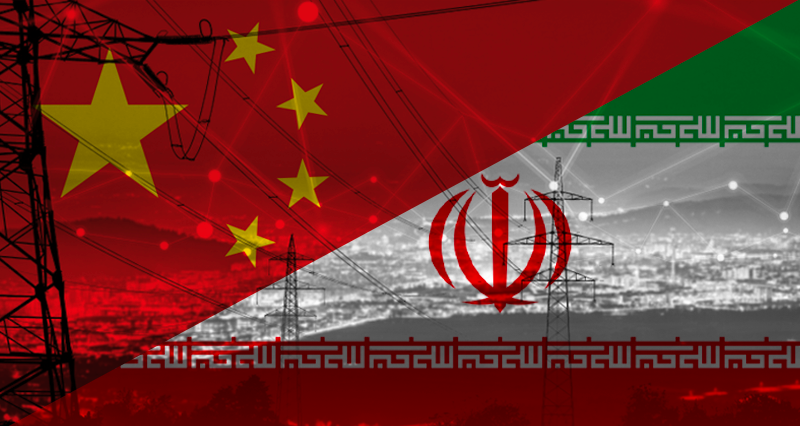By Eray Güçlüer
The developments in the Israel-Hamas conflict suggest that the Kassam Brigades still maintain the initiative. Israel’s ground assault from Sderot has managed to reach a depth of 3-4 kilometers from the northern edge of Gaza to the south. Israeli ground attacks are currently halted at the Beit Hanoun-Beit Lahya line. This line also marks the location of the first settlements in the northern part of the Gaza Strip. Additionally, Israeli military casualties have been increasing every day and have approached 400. Consequently, it is observed that there is a growing political, social, economic and military pressure on the Israeli government and the US. The morale of the coalition centered around Israel appears to be declining.
The US support for Israel is heading towards a level that would lead to a reduction in aid to Ukraine. If aid to Ukraine does not continue or falls below a certain level, the Russian army could launch a counteroffensive. As it stands, the US finds itself entangled in a paradox in the Middle East through Israel.
In fact, the Israeli ground assaults can be described more as attrition warfare than conventional ground operations. Israel is currently conducting fire reconnaissance along the lines it advances to assess the tactical situation on the ground and identify potential avenues for a offensive towards Gaza. This, contrary to common belief, reveals a significant weakness in field intelligence. Given its current capacity, it doesn’t seem likely that the relatively low-intensity maneuvers in the ground operation will escalate to a higher level.
Israel and the US are seeking alternative approaches to alleviate the current impasse on the ground. One apparent effort is to deploy additional forces to the region, especially US military personnel. However, the critical question that arises is how to minimize the risk of unforeseen casualties during Israel’s ground assaults. If Israel were to incur significant losses, it could have consequences for Israel’s political landscape and the regional balance of power to the detriment of global powers. To avert this scenario, the US is reportedly gathering PKK terrorists from Syria and Iraq in the southern region of Tanf, Syria to later use them in Gaza on the front line of the Israeli army. We know that during Azerbaijan’s campaign in Karabakh three years ago, PKK terrorists were sent to fight alongside the Armenian army, particularly in the Lachin region.
Additionally, there are some indications that Israel and its backers have another plan of using private military contractors in Gaza -similar to that in Ukraine- to reduce casualties in the Israeli army. The Blackwater private military company, comprised of former American soldiers, should be noted here. The imperialist powers, which are patrons of Israel, are seeking to establish a new proxy army in the region. They are aware that Israel’s current capacity cannot sustain a ground assault on Gaza.
In summary, as the Israel-Hamas conflict continues to evolve, both Israeli and US authorities are actively seeking solutions that balance the risks involved with their responses. These efforts include considering additional troop deployments, the utilization of proxy fighters, and the potential involvement of private military contractors to minimize casualties and navigate the complexities of the situation. The outcome of these strategies will undoubtedly shape the dynamics of the conflict in the days to come.
The recent rhetoric from the US, like “humanitarian pauses” and “protection of civilians” serves the purpose to buy time for political maneuvers of building a proxy army and sending more aid to Israel. However, the integrated defense systems based on Gaza tunnels, which have increased Hamas’ military capabilities by 8-10 times, demonstrate that Hamas cannot be eliminated without the last Palestinian becoming a martyr. In other words, even if they succeed to build a proxy and deploy tonnes of troops, breaking Hamas’ resistance does not appear feasible in the near term. And the likelihood of the Gaza resistance ending politically in favor of the Palestinians is increasing every passing day. So, the question is how long can Israel, not Hamas, endure in this war.
Previously published on Turkish daily newspaper Akşam here. Translation by UWI.

















Leave a Reply